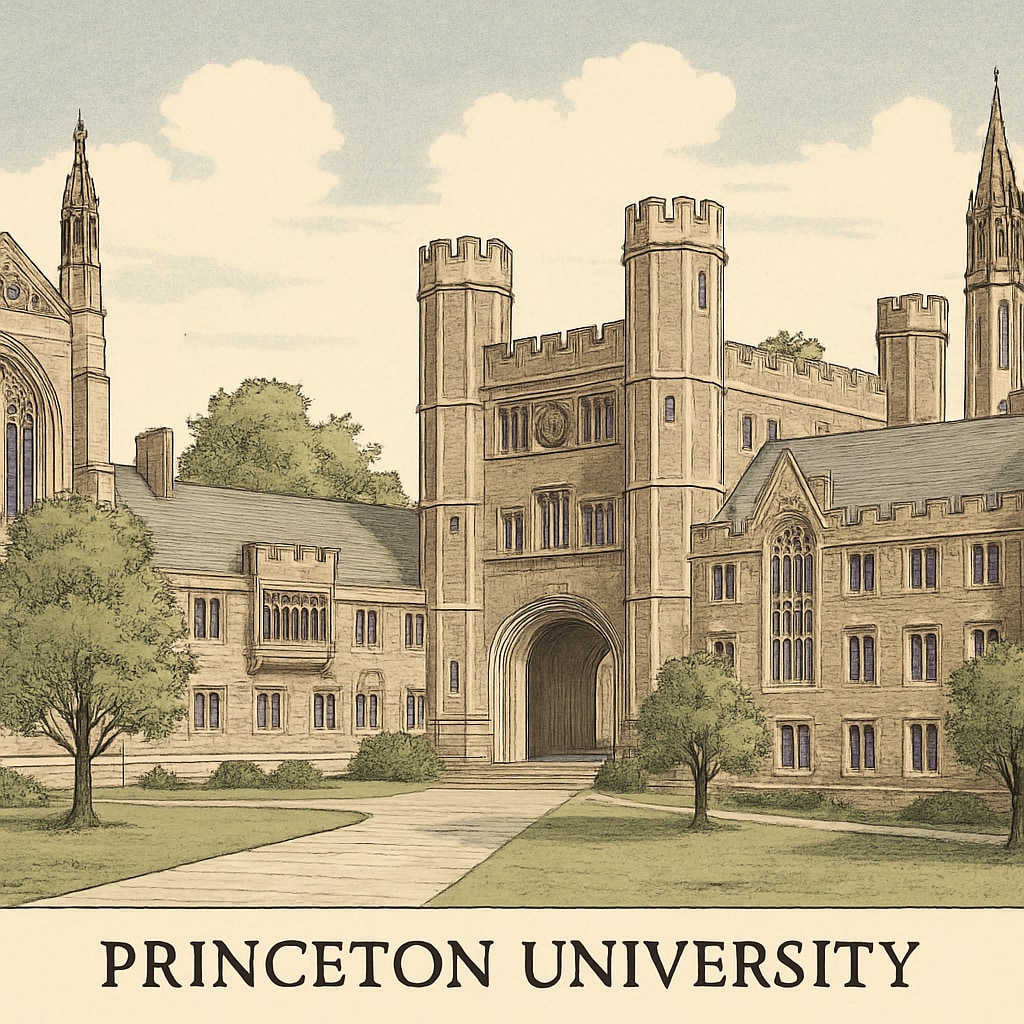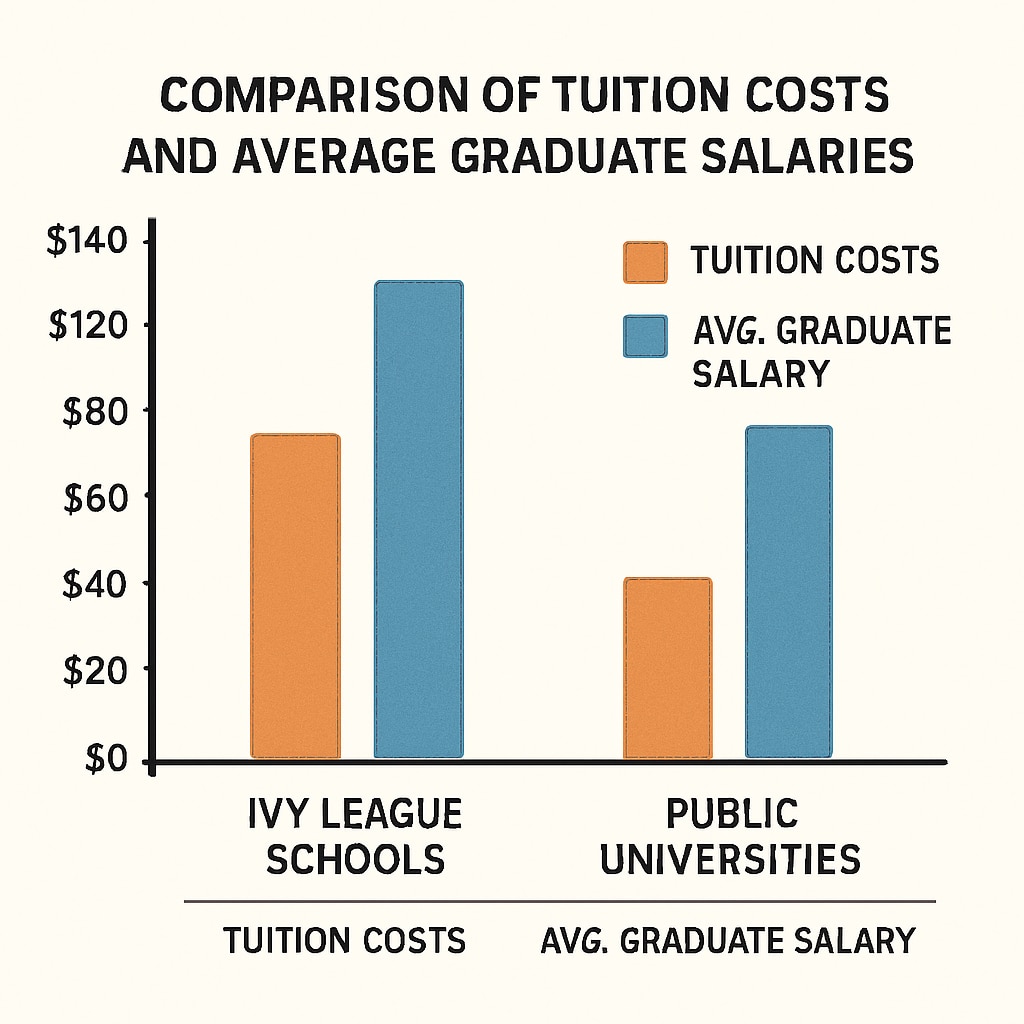The Ivy League, led by institutions like Princeton University, has long been regarded as the pinnacle of higher education. But is this reputation deserved, or are we overestimating their actual educational value? With soaring tuition costs and increasing scrutiny of the return on investment in elite education, it’s worth examining whether these prestigious schools truly deliver what they promise.
Unpacking the Ivy League Reputation
The Ivy League’s reputation is deeply entrenched in history, exclusivity, and academic excellence. Schools like Princeton, Harvard, and Yale have become synonymous with success, often serving as stepping stones to lucrative careers and influential networks. However, such prestige can sometimes overshadow the practical realities of their educational offerings.
For example, Princeton boasts world-renowned faculty and cutting-edge research facilities, but critics argue that its undergraduate focus may limit the breadth of its impact. Moreover, the admissions process at Ivy League schools is not purely merit-based, with legacy admissions and donor influence often playing a role. This raises questions about whether these institutions are truly fostering the best and brightest or simply perpetuating privilege.

Are Ivy League Schools Overrated?
While there’s no denying the prestige of an Ivy League degree, its actual value is harder to quantify. Studies have shown that graduates from Ivy League schools tend to earn higher salaries and enjoy broader career opportunities. However, much of this success might be attributed to the type of students these schools admit rather than the education they provide.
In addition, the hefty price tag of attending an Ivy League school raises concerns about accessibility and value for money. For 2023, Princeton’s tuition and fees exceeded $57,000 annually, not including living expenses. This has led many to question whether the benefits of an Ivy League education are proportionate to its cost.
Meanwhile, alternatives such as state universities and less prestigious private colleges often offer similar academic rigor and career prospects at a fraction of the cost. For example, flagship public universities like the University of Michigan or the University of California, Berkeley, consistently rank among the top institutions globally in terms of research output and student satisfaction. Are students paying for quality or just the Ivy League name?

The Role of Networking and Prestige
Much of the Ivy League’s appeal lies in its vast alumni networks and the social capital they offer. Graduates often find themselves in exclusive circles that open doors to opportunities unavailable to others. For some, this “networking value” alone justifies the high price of admission.
However, critics argue that this networking advantage contributes to systemic inequality. By perpetuating elite networks, Ivy League schools may hinder social mobility rather than promote it. This has sparked debate about whether these institutions are truly engines of opportunity or barriers to broader societal progress.
Conclusion: Are We Overestimating Ivy League Schools?
Princeton and its Ivy League counterparts undeniably offer exceptional resources, faculty, and opportunities. However, it’s essential to critically evaluate whether their benefits are worth the significant financial and social costs. As higher education evolves, the conversation about value and accessibility will remain critical.
Ultimately, the decision to attend an Ivy League school should depend on individual goals, financial resources, and career aspirations. These schools may offer unparalleled prestige, but they are not the only path to success.
Readability guidance: Short paragraphs, clear transition words, and balanced analysis were used to ensure readability. The article incorporates a mix of facts and opinions to engage the reader, while maintaining a professional tone.


